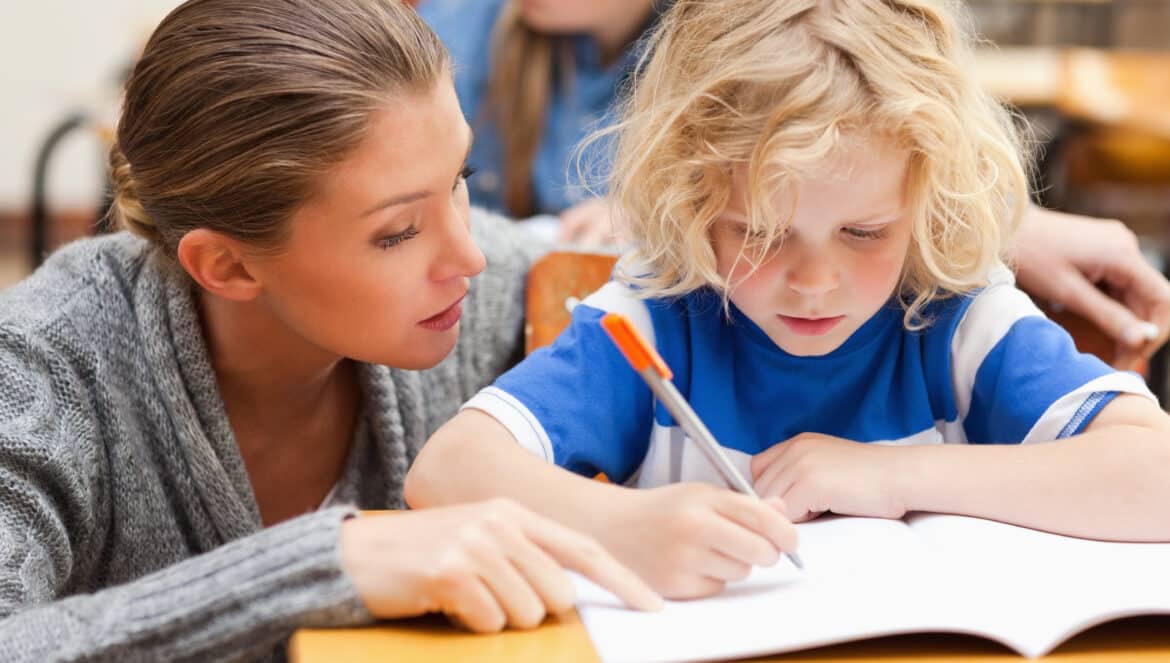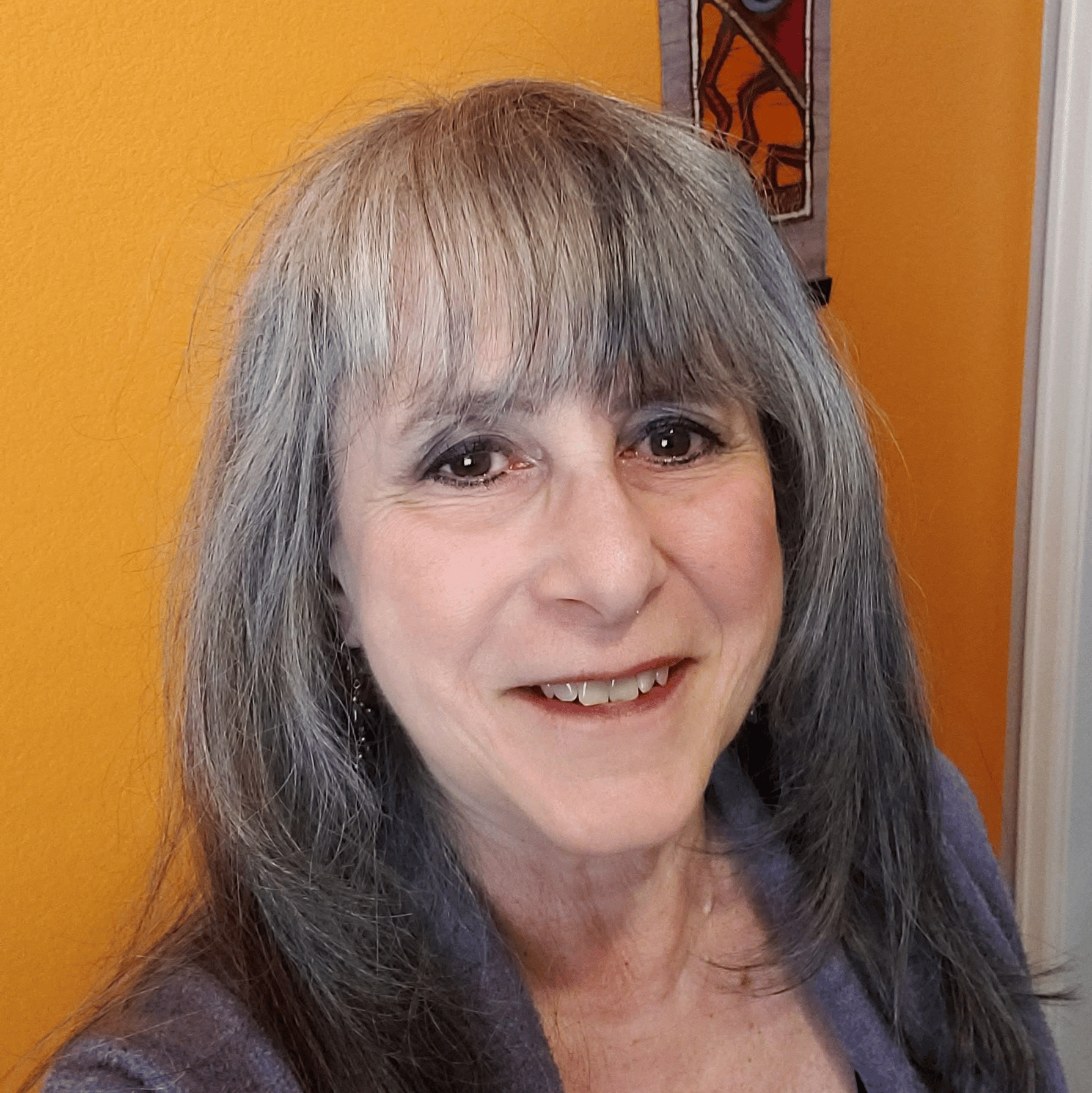Table of Contents
Social Emotional Learning (SEL) has been a topic of conversation for decades, even before it was labeled SEL. The pandemic of 2020 caused SEL and the need for it to erupt from just beneath the surface into the minds of educators, parents, and the community. When educators, students, and families experienced the major shift to digital learning, many worried about SEL, even if they didn’t name their worries as that.
Defining Social Emotional Learning
Social and Emotional Learning (SEL) According to the Collaborative for Academic, Social, and Emotional Learning (CASEL), SEL is the process through which all young people and adults acquire and apply the knowledge, skills, and attitudes to develop healthy identities, manage emotions and achieve personal and collective goals, feel and show empathy for others, establish and maintain supportive relationships, and make responsible and caring decisions.
SEL encompasses five interdependent competencies: Self-Awareness, Self-Management, Social-Awareness, Relationship Skills, and Responsible Decision Making.
Simply put, social and emotional learning is how we all acquire and apply skills to manage our emotions and maintain positive relationships. More importantly, consider SEL as the need for specific skills that present themselves in a person’s life. Some skills are foundational others require additional practice.
Using Social Emotional Learning to Recognize Student Hardship
Now consider what the world has experienced in the past three years. Were you one of the parents who worked from home, facilitated digital learning for one or more children, and ran the household? An essential worker spending days or weeks away from your family? A first responder dealing with health situations or civil unrest?
During this time, experiences of loss have varied and included income, illness, death, services, and experiences. People need to be seen and heard. Showing empathy is part of SEL and requires looking for and from perspectives that may differ from your own. Listening deeply as people share their stories is another skill of SEL.
Pandemic and Social Emotional Learning
The pandemic provided an opportunity to pause, reflect and figure out how to do things differently. Think of it as worldwide action research that touched business, education, and daily life. We tried things that worked and kept them without modification or replacement. There is a need to keep the best and build from there, focusing on social, emotional, and academic development.
The SEL Way of Being
I continually review CASEL’s definition of SEL. Each review, I am reminded that the skills and attitudes necessary to manage my emotions, set and achieve my goals, show empathy to those I encounter, act responsibly and caring towards myself and others, and work on building and maintaining supportive relationships are truly a way of being in the world. SEL-based skills and attitudes aren’t just for the day or the week. The lessons of SEL aren’t only for my family and friends; they are the way I want to be present in the world.
As the world continues to understand our individual and collective losses and the roles in our personal challenges and perhaps even systemic inequities, how can we promote SEL and create sustainable change toward self-awareness, self-management, and responsibility?
Resources
- What is SEL? (casel.org)
- Adverse Childhood Experiences Among U.S. Youth – RWJF
- YouthDuringCOVID_FINAL (1).pdf (americaspromise.org)
- Posttraumatic stress disorder in parents and youth after health-related disasters – PubMed (nih.gov)

